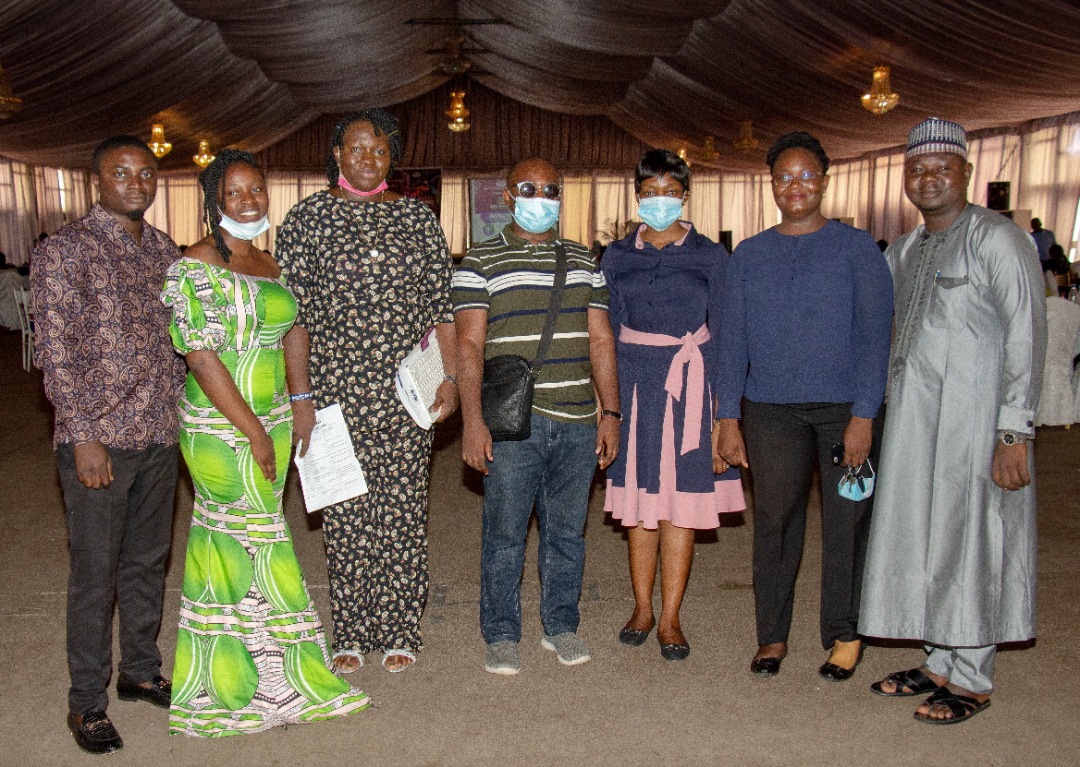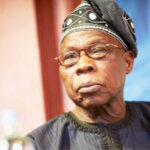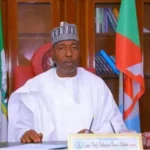An association of hearing-impaired women has demanded sign language interpreters be stationed in hospitals to improve access to health services and information for people hard of hearing.
Access to women and girls took centre stage at the Deaf Women Inclusion Summit in Abuja on Tuesday.
- PODCAST: How Daredevil Bandits Invaded NDA, Killed Officers
Fear of closure as FG begins inspection of 54 car assembly plants
The President of the Deaf Women Aloud Initiative (DWAI) Mrs Hellen Beyioku-Alase said the summit was borne out of the need to create awareness, raise consciousness about Deaf Women issues and improve access to health, social care and employment for deaf people.
“This summit is to highlight the importance of embracing and recognising sign language and culture as well as improving on services delivery for the deaf community.”
“Every individual has the right to make their own choices about their sexual reproductive health. To maintain one’s sexual and reproductive health, people need access to accurate information and effective, affordable and acceptable contraception methods of their choice.”
The Project Manager, Disability Rights Fund, Theophilus Odaudu said Sign Language interpretation is a very crucial aspect of communication for deaf women hence Nigeria should recognise it as a formal way of communication and must be made part of every broadcast.
The Chairman of Abuja Municipal Area Council (AMAC) represented by Special Adviser on ICT, Abiodun Essiet said the council is passionate about the inclusion of People with Disability.
” In AMAC we bring more sign interpreters into our healthcare centres to help people with disabilities like the deaf women,” she said.
The UN Women Country Representative in Nigeria, Comfort Lamptey represented by Programme and Nutrition Officer, Uzoamaka Asiegbu said to push for the rights of people with disabilities, they include sign language interpreters in all their programmes and audio-visual productions.
The Founder of Dorothy Njemaze Foundation (DNF), Dorothy Njemaze stressed the need for deaf women to be carried along when key decisions and policies are made for them.
“Whatever intervention no matter how well thought out and well-intended for deaf women cannot fully achieve it purpose without the input from the Deaf women themselves. As the slogan goes, ‘Nothing about us without us.'”

 Join Daily Trust WhatsApp Community For Quick Access To News and Happenings Around You.
Join Daily Trust WhatsApp Community For Quick Access To News and Happenings Around You.


